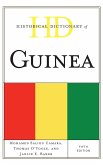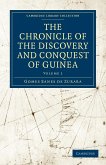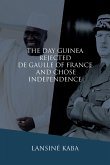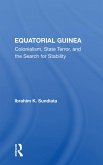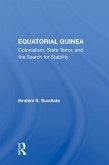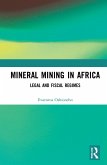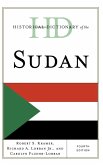Guinea-Bissau is a small country in West Africa, and yet it managed to wrest its independence from Portugal back in 1973, at the cost of a long and bitter struggle against seemingly implacable odds. This was a time to be proud of, and there was also a moment about two decades ago, when it looked like a trendsetter for democracy. Since then things have gone seriously wrong, with a collapsing infrastructure, a dilapidated economy and a political stage prone to military coups d'etats. This fourth edition of Historical Dictionary of Guinea-Bissau tells the long and sometimes unpleasant story. However, like all the country historical dictionaries, it tells it several times and in several ways. First, the chronology traces the history of what became Guinea-Bissau, and this over a period of centuries and not just decades. Then the introduction recounts that history again, providing more insight and understanding, and conveys a good idea of how things are going now. The details follow in the dictionary section with entries on important persons, places, institutions, and events among other things. And the bibliography points to further reading.
Bitte wählen Sie Ihr Anliegen aus.
Rechnungen
Retourenschein anfordern
Bestellstatus
Storno



